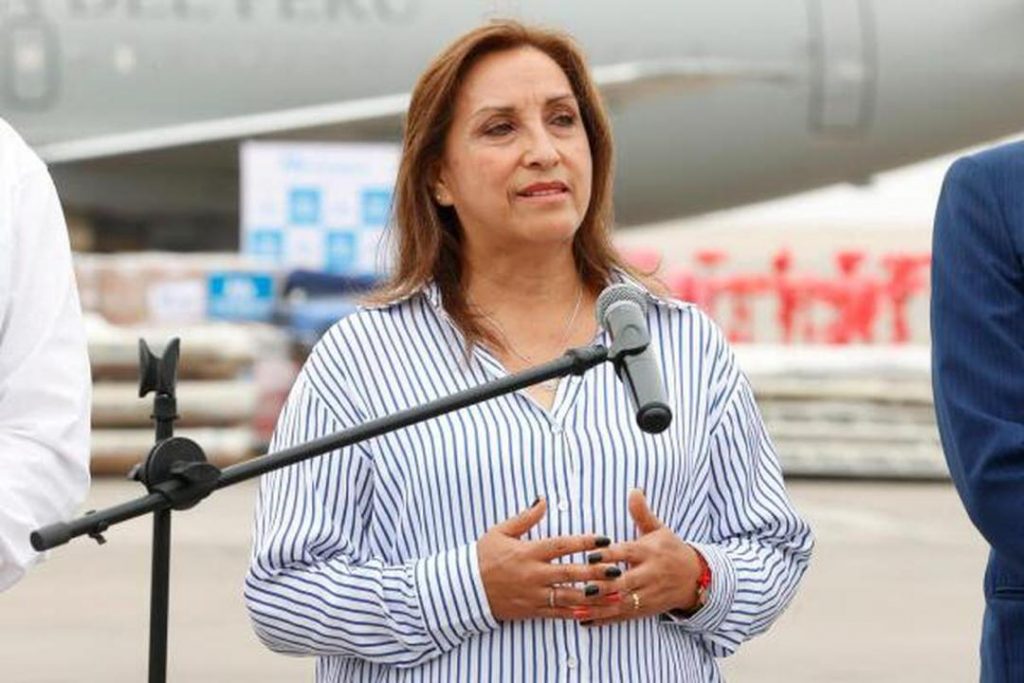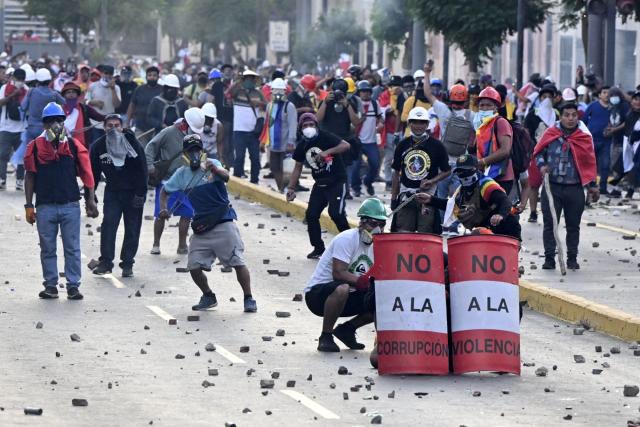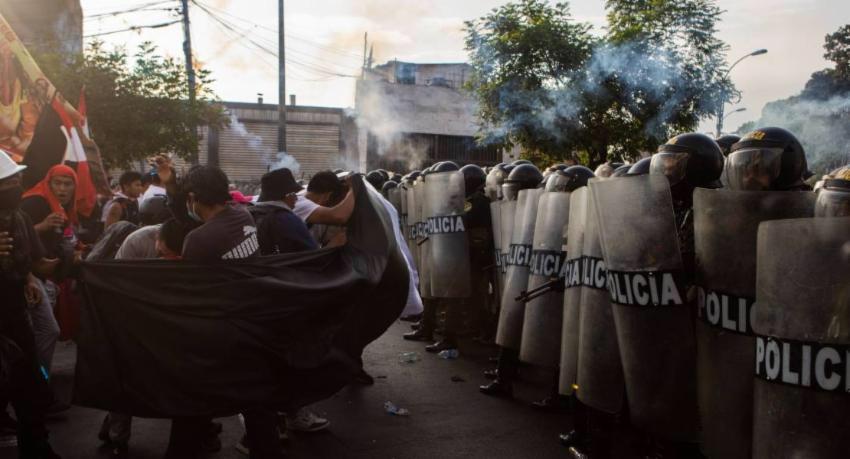
In the midst of ongoing anti-President Dina Boluarte protests that have claimed dozens of lives, Peru‘s Congress has rejected her proposal to move elections up to December 2023.
Last month, lawmakers decided to move the elections from 2026 to April 2024. Congress, however, rejected the measure at a plenary meeting on Saturday morning with 45 votes in favor, 65 votes against and two abstentions.
Left-wing parties asked that a constitutional convention precede the holding of elections, which is something demonstrators have frequently advocated for.
“With this vote, the constitutional reform proposal for the advancement of elections is rejected,” Congress President Jose Williams said, after more than seven hours of debate.
The Congress President was presented with a “reconsideration” request after the vote, which may be discussed on Monday in a fresh session, though it would be challenging to overturn the result.
Since December 7, when then-President Pedro Castillo was detained for attempting to dissolve Congress and govern by decree, the South American nation has been mired in a political crisis with almost daily protests.

Protesters have demanded Boluarte’s removal, as well as immediate elections after the dissolution of Congress, and a new constitution.
“I have no interest in remaining in the presidency. If I am here it is because I fulfilled my constitutional responsibility,” Boluarte insisted.
Boluarte was constitutionally mandated to succeed Castillo as vice president when he was impeached by Congress and detained.
The protesters,largely Castillo’s supporters in poor and rural areas have erected roadblocks on highways, demanding that Boluarte resign and call elections, which has caused shortages of food, fuel and other basic supplies.

47 people have died in seven weeks of protests following the former president’s detention, according to the Ombudsman’s Office of Peru.
According to the autonomous human rights office, an additional 10 people, including two babies, died as a result of not being able to access medical care or medication because of barriers.
Author- Roberta Appiah



